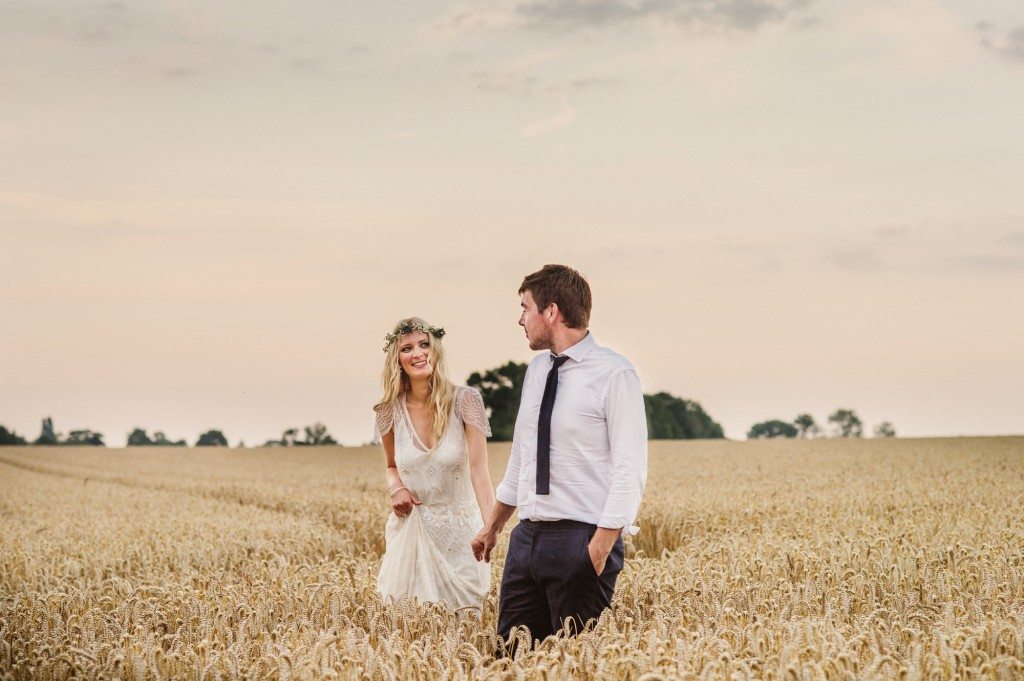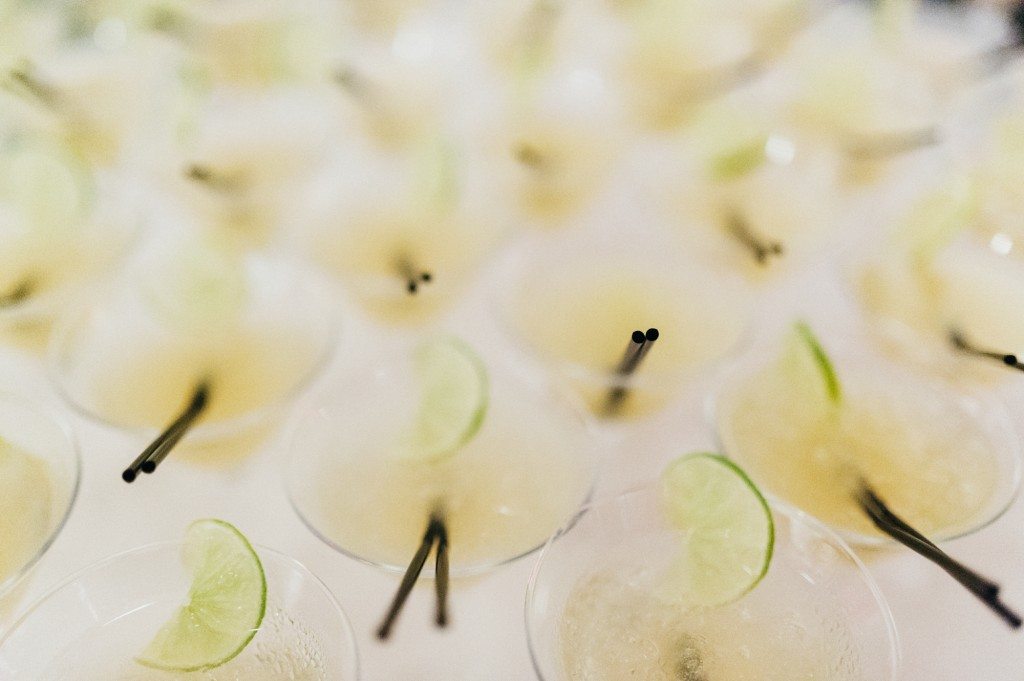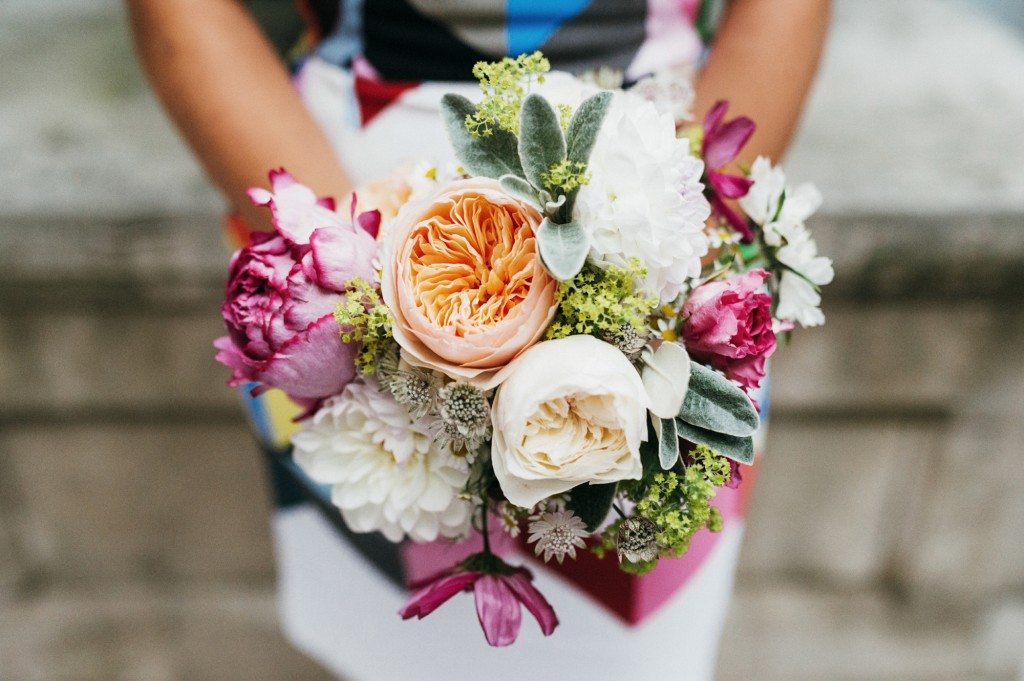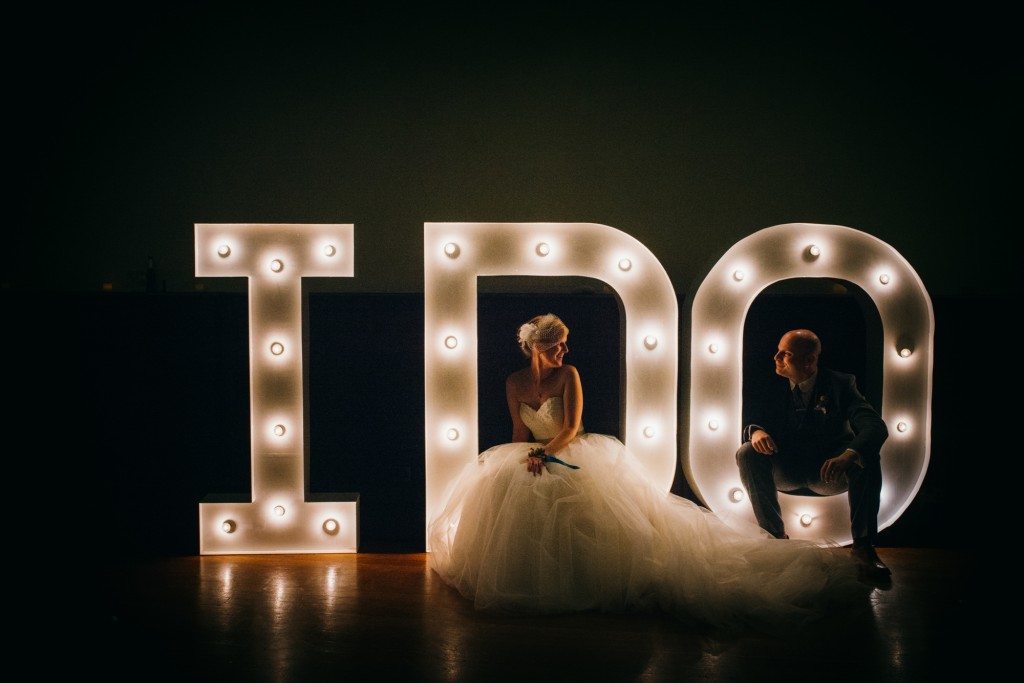Part of my role as an event planner is to allocate clients budget to the relevant areas of their wedding/party, i.e from our initial consultation I will have an idea of how much the flowers, entertainment, stationery should cost. I’m normally pretty accurate with my estimations but then I have been doing this for 12 years.
At times however it can be confusing for clients to understand ‘why’ a certain supplier is charging x, y, z. They see the product, in this instance, say a photographer, but don’t think about what influences the price. Back in 2013 I wrote an article on why flowers cost what they do and have touched on the pricing structure for wedding planners here . So when I saw an article by the lovely Laura Babb on the true cost of a wedding photographer I felt moved to share aspects of it below, over to you Laura.
 It’s a tricky thing, isn’t it, trying to work out what is a fair price for an intangible product. If you’re looking for a digital wedding photography package, you don’t even really get a *physical product at the end of the process, so it’s easy to understand why some people think wedding photography is expensive.
It’s a tricky thing, isn’t it, trying to work out what is a fair price for an intangible product. If you’re looking for a digital wedding photography package, you don’t even really get a *physical product at the end of the process, so it’s easy to understand why some people think wedding photography is expensive.
*Bit like for wedding planners, after all it’s a planners time you’re fundamentally paying for Bernadette.
Quite simply they don’t understand what’s involved and the product they are getting, so I want to break it down into facts and figures. I’m not basing this entirely on my own business costs as, realistically, I have only been around for three years (April will see the end of my third business year) and that means my profits and costs aren’t representative of those of an established business. For example I spent a lot of my profits on training, advertising and equipment as these are all focus areas for me as my business expands – I need to have the right infrastructure in place for my world domination plans to come to fruition…. I am joking of course!
The following information is based on a business model where the photographer, as a minimum, has a good level of contact with their client and edits each individual image. Some photographers operate a “*shoot and burn” business model where by they provide images almost exactly as they are in camera and as a result they are able to provide a cheaper service than photographers who spend time editing every single image.
*this is a very important point to remember. Bernadette
Before I go on it’s also worth mentioning that the type of photographer to whom the following applies will probably have invested time and money developing their style and approach.
- They will usually have a good standard of professional equipment including back up kit and lenses.
- They will be insured.
- They will spend time planning your shoot and they will provide you with information about what to expect.
- They will pay taxes and be compliant with all legislation that applies to business owners.
- They will contract their services to you, so that you are protected by terms and conditions.
- They will behave in a professional manner and treat you with respect.
So a wedding photographer charges £1,399 (average given by Brides Magazine). I am going to assume that this figure does not include any expenses (travel and accommodation) so I am going to add on £100 to 50% of bookings, on the basis that some of the weddings won’t be local. I am aiming to photograph 35 – 40 weddings this year, so I’m going to take 35 as my number for the purposes of this exercise.
£1,399 x 35 weddings = £49,865
£100 x 17.5 travel and accommodation costs = £1,750
Let’s also assume that out of the 35 couples, 20 decided to book an engagement shoot at £350 each = £7,000
Its not just the photography
When it comes to charging you the client for the photography, its not a simple matter of the wedding day. There are many other factors to consider that affect the photographers profit:
- Meetings with prospective clients who might not book
- Emails and phone calls with prospective and current clients
- General business expenses , estimation of £4,000 – office equipment, postage, stationery, computer programmes, web hosting, insurance, photo processing packages such as Lightroom and creative cloud, Skype, dropbox and various other bits and pieces.
- Marketing costs come in at around £5,000. That includes advertising, SEO, gifts for existing clients, branded items, business cards and anything else that will be used to promote the business.
- You outsource some services to the cost of £3,000. This includes paying your regular second photographer, some outsourced admin work, design work and someone to help with editing in busy periods.
- You spend £2,000 on training because you want to be inspired, continue to develop and grow as a photographer and keep developing the end product that you provide to clients. This, to me, is so, so important and I make it a priority to attend workshops that will push and challenge me.
- You need a new camera (they don’t last for ever and equipment needs upgrading more often than you would think) and you also purchase a lens that you have had your eye on for a while. £4,000
- Then of course in the world of social media it’s not enough for a photographer to attend open days at local venues they have to blog – tweet – facebook and pin their images for potential clients to see.
Your business expenses are £18,000
Your travel & accommodation is a business expense as well and that was £1,750 (not to mention the travelling to and from appointments which we are not inserting into this calculation)
Your profit is £37,865 before tax.
Now let’s look at how many hours you work to make that.
Here’s what an average week looks like for me during wedding season:
Answering emails, schedule blog posts for the week, post previews from the previous weekend’s weddings, send out invoices, liaise with clients/venues/suppliers, submit weddings for blog or magazine features, meet with clients or potential clients (always in the evening), networking, editing, engagement shoots, dealing with enquiries from potential clients, business admin, checking details for the weekend’s weddings, checking equipment and updating social media accounts.
On the wedding day itself I often leave the house at 8am or earlier and get home at midnight. I work (cheerfully!) without a break/food for six or seven hours and there’s often not so much of a sniff of a cup of tea until much later in the day.
I work 6 days per week in peak season. On an office day I work between 6 and 10 hours. On a wedding day I work a minimum of 10 and sometimes up to 14.
I asked 12 other photographers to make an estimate of the average number of hours they work each week, all year round. Their answers ranged from 25 to 60. Some outsourced part of their workload to external editors. Some had other jobs as well. And obviously the level of service each photographer provides to their clients varies, so it’s really tricky to do a like for like comparison.
The average of their averages (*maths face) came out at around 50 so we’ll use that as our figure.
So using money saving expert for a simple tax calculation it tells me we’ll pay about £5,453 tax & £3,577 national insurance per year on our £37,865. That leaves us with £28,835 take home pay. 
Lets break it down
50 hours x 52 weeks in the year = 2,600 hours.
£28,835 after tax divided by 2,600 hours per year
= £11.90 per hour after tax
Now, you might say, but you’re only shooting 35 weddings. Surely that can’t be more than 35 weeks work? What about the winter when things are quiet, surely you don’t work as many hours then?
Well yes while each wedding probably generates about a weeks work, there’s also all the stuff that sits outside of the wedding.
And £11 per hour isn’t bad. Lots of people earn less than that. Well yes but they are not, generally, solely responsible for bringing business into the company they work for and managing all aspects of the business.
About 40% of what I do as a business owner is try to generate more business. Weddings are an especially tricky area in this respect as there is not much scope for repeat business. Blogging, sharing my work on social media, pinning it on pinterest, sharing it on Instagram and then submitting it for blog and magazine features probably takes up about 1/2 a day or more each week and this has the sole aim of helping other clients and referrers to find me. 
In summary
As a small business owner I am my own sales team, my own marketing team, my own finance team, my own PR team. I provide front line services and strategic management. In fact every single job that someone might do for the company you work for is either done by me or coordinated by me if I outsource it. I am the Chief Executive and the person who answers the phones. I am the tea lady and the Chairman of the Board.
Not many people would accept a job which pays only £11 at worst where you don’t get sick or holiday pay, where you work six days a week for between 8 and 15 hours per day, where you have to pay for all of your own equipment and insurance, where you’re under quite a lot of pressure on shoot days because you only have one chance to get it right, where you never get to spend Friday nights with your mates or Saturday mornings having a lazy lie in, where every single task from having a strategic overview to taking stuff to the post office has to be done by you and where you sometimes have to deal with vicars or venues or caterers or even the occasional wedding guest treating you disrespectfully.
Well actually a lot of people do this job and love it, in spite of all of the above. The excitement of being a part of someone’s wedding day far outweighs the negatives. The chance to create something beautiful for our couples, who trust us to preserve their memories is what drives us. The flexibility of self employment (and, let’s face it, what freelancer hasn’t had the odd Wednesday afternoon nap or shopping trip?) does make up for the number of hours you need to invest to keep a freelance business going. I love my job and being able to work for myself is just brilliant. Work doesn’t feel as much like work when you are passionate about what you do and where you get to hang out with couples on one of the happiest days of their life.
Almost all of the photographers I know are 100% passionate about what they do and they do it because they love it. Next time a wedding guest tells me how brilliant it must be to only work one day a week, though….
Thank you Laura for a fabulous article. You can read more on Laura by visiting her website



